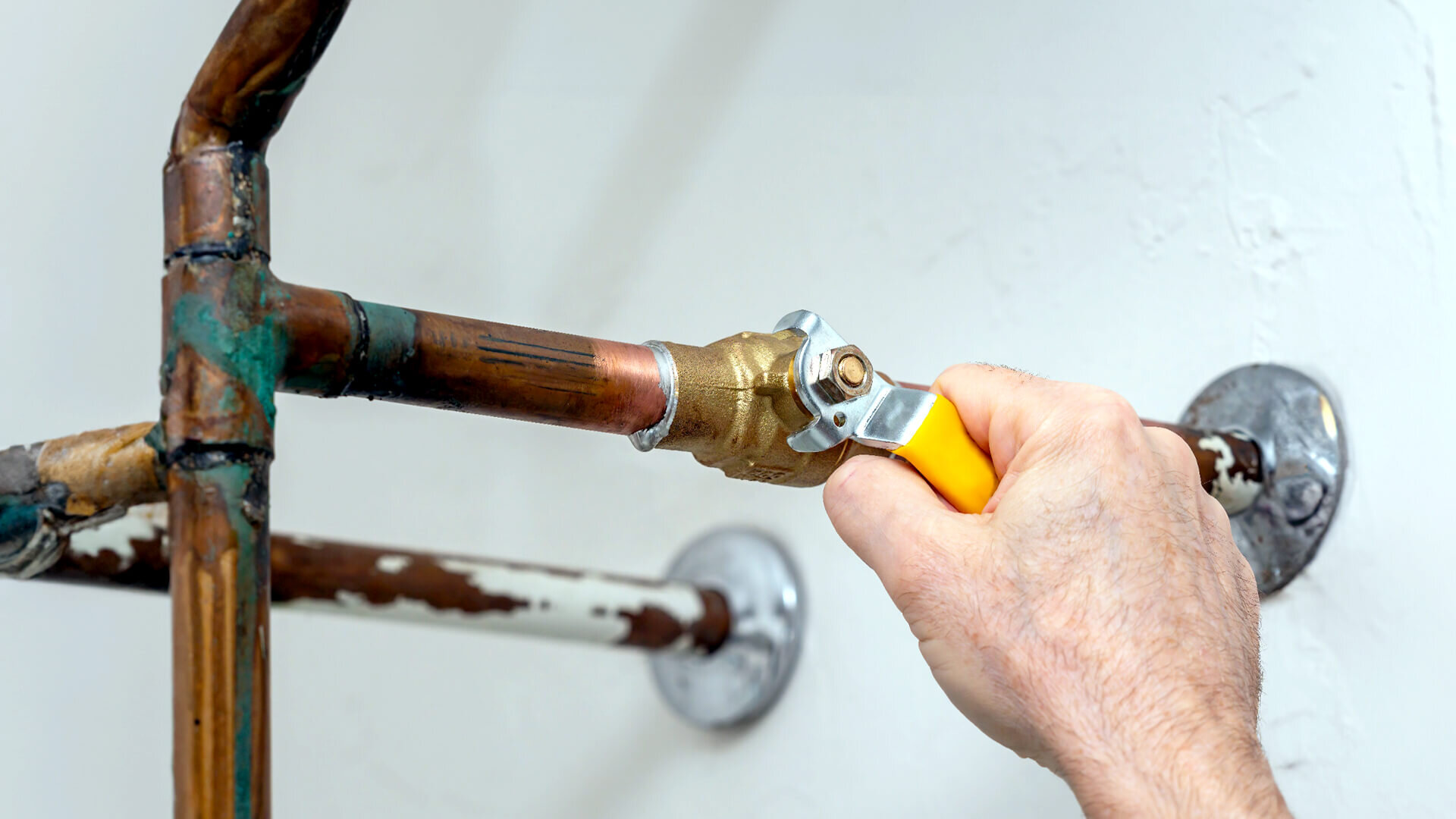This article listed below pertaining to Smart Plumbing Tips for New Homeowners is particularly captivating. Check it out yourself and see what you think about it.

For new house owners, understanding and keeping bathroom pipes can save both time and money by avoiding costly concerns down the line. Below are some essential shower room pipes pointers to assist you keep whatever running efficiently.
Familiarize Yourself with the Key Shut-Off Valve
Recognizing where the main water shut-off valve lies in your home is crucial. This enables you to quickly shut off the water in case of significant leaks or throughout plumbing emergency situations, preventing substantial water damage.
Consistently Examine for Leakages
Tiny leakages can cause big troubles. Consistently examine under sinks, around bathrooms, and near pipes fixtures for any kind of indications of leaks. Try to find dampness, small drips, or rust. Catching and fixing leaks early can prevent more severe damage and save water.
Do Not Ignore Slow Drains
If your sink or tub is draining slowly, it's commonly an indication of a clog forming. Resolving this early can protect against a total blockage. Utilize a plunger or a plumbing's serpent to remove debris. Prevent making use of chemical drain cleaners as they can harm your pipes over time.
Know What Not to Flush
Commodes are not garbage disposals. Avoid purging anything apart from toilet tissue and human waste. Products like wipes, feminine health products, and cotton bud need to be thrown away in the trash to stop clogs and sewage system back-ups.
Install Strainers in Drains
Area strainers in your sink and tub drains pipes to catch hair and other debris prior to they enter your pipes system. Cleaning up the filters frequently will aid avoid build-up and maintain water moving easily.
Preserve Your Hot Water Heater
Guarantee your water heater is set to an appropriate temperature level (commonly about 120 levels Fahrenheit) to avoid hot and lower power use. Flush the storage tank yearly to remove sediment accumulation, which can minimize the effectiveness and life-span of your heating unit.
Upgrade Your Fixtures
If your home has older fixtures, consider upgrading to extra effective designs. Modern commodes, showerheads, and faucets are made to make use of less water while offering great pressure, which can considerably minimize your water expense and ecological impact.
Be Cautious with Do It Yourself Plumbing Services
While it's tempting to handle all home repairs by yourself, beware with plumbing. Some concerns may require specialist competence, particularly if they involve major water lines or drain repair work. Employing a professional can occasionally be a lot more affordable than do it yourself, especially if it prevents more damage.
Get Ready For Winter
Safeguard your pipelines from freezing during cold weather by shielding pipes in unheated areas like cellars, attics, and garages. Throughout extreme chilly, allow cold water drip from faucets offered by subjected pipes to help stop freezing.
Set Up Regular Upkeep
Think about scheduling yearly evaluations with an accredited plumber. They can spot problems that you may miss, such as surprise leaks or deterioration on pipelines and components. Regular upkeep helps expand the life of your plumbing system and can avoid emergencies.
Conclusion
Comprehending and maintaining your home's shower room pipes can stop many usual concerns. By adhering to these necessary pointers, you can guarantee your restroom stays functional and effective, conserving you money and time over time.
Essential Plumbing Tips for Homeowners: Keep Your Pipes Flowing Smoothly
As a homeowner, understanding the basics of your plumbing system can save you time, money, and a lot of headaches. Plumbing issues can range from minor annoyances like dripping faucets to major problems like burst pipes that cause significant damage. This guide provides essential tips to help you maintain your plumbing system and tackle common issues.
Understanding Your Plumbing System
Supply System: Brings fresh water into your home from a municipal source or a well. Drain-Waste-Vent System: Removes wastewater and vents sewer gases outside. Fixtures and Appliances: Includes sinks, toilets, showers, dishwashers, and washing machines. Basic Maintenance Tips
Regular Inspections: Periodically check for leaks, corrosion, and other signs of wear and tear. Look under sinks, around toilets, and near water heaters. Know Your Main Shut-Off Valve: In case of a major leak, you’ll need to shut off the water quickly. Ensure everyone in your household knows where the main shut-off valve is located. Prevent Frozen Pipes: In cold climates, insulate exposed pipes and let faucets drip during extreme cold to prevent freezing. Use Strainers: Install strainers in sinks and tubs to catch hair, food particles, and other debris that can cause clogs. Common Plumbing Issues and Solutions
Clogged Drains:
Prevention: Avoid pouring grease down the drain and use drain screens to catch debris. DIY Fix: Use a plunger or a plumbing snake to clear minor clogs. For stubborn clogs, a mixture of baking soda and vinegar can sometimes help. Leaky Faucets:
Prevention: Replace washers and seals regularly. DIY Fix: Turn off the water supply, disassemble the faucet, and replace worn parts.

Visit Website